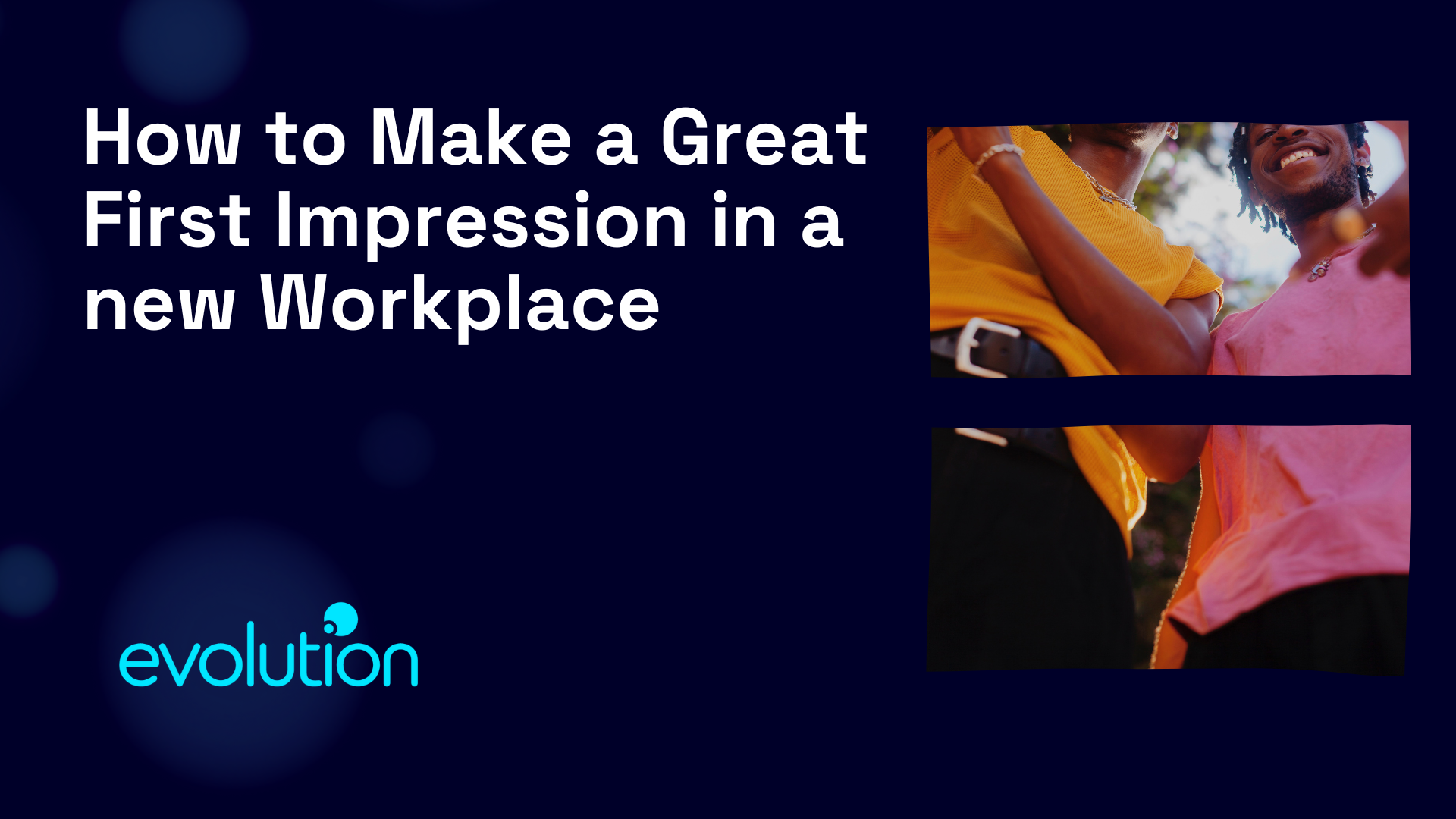
First impressions matter so much because they happen fast, and they are stubborn, says Whitney Johnson, the author of Disrupt Yourself: Putting the Power of Disruptive Innovation to Work. “We make judgments [about other people] in a nanosecond.” And once that impression is formed, it’s “very, very hard to change it.” Simply put, your relationships and interactions will be a lot easier if you’re able to immediately start off strong. “You get the benefit of the doubt,” says Dorie Clark, the author of Reinventing You: Define Your Brand, Imagine Your Future. “So then if you ever say the wrong thing, make a mistake, or arrive at work late, the other person is more likely to assume the best.” A strong first impression, she says, “gives you more latitude to be human.”
Here are some strategies to help ensure others see the best in you from the beginning.
Do:
Don’t:
When you’re in the moment, it can be hard to comprehend how you, yourself, come across to people you meet the firs time.
If you’ve got a trusted group of friends or colleagues, it’ll pay dividends to ask them to explain how you come across in conversations and when meeting new people. They will often pick up on things you wont see.
Ask them what they see as your strengths, your winning traits, and your most redeemable traits are so you know what to emphasise when meeting new people.
If people say you’re a great listener, then don’t be afraid to take a backseat in conversations, ask questions and listen intently. This way, playing to your strengths, you’re less likely to trip yourself up.
Before meeting someone new — whether it’s a potential employer or a new client — do your homework. Know who you’re meeting, what he cares about, and what he might need from you.
Your goal, says Johnson, is to “show that you understand the problem the other person is trying to solve and how your skills put you in a position to help.” Clark suggests preparing “two or three talking points that you feel are important and that you want to get across during the meeting.” These talking points will vary, depending on the situation, but in general they should showcase your knowledge, strategic planning abilities, and “grasp of the business.” Ideally the points will crop up “organically” during the course of your discussion, “but if you get to the end of the conversation, and they haven’t emerged say something like, ‘Before we leave, there are few things I want to make sure I mention.’”
Even when the conversation is over, your job isn’t yet done.
We all should make sure we deliver on what we promise or commit to, but for those new to a role or a company, it’s more important to ensure you’re following up.
A follow-up can be something as simple as an email, or a connection request on linkedin. That small gesture shows you the exchange you’ve had was meaningful and gives a platform for you to further the relationship in the future. Share a blog that that person has as written on LinkedIn. Tweet an article that mentions them or their company.
Likewise, if you’ve committed to doing something, you should make sure you strive to not only do it, but over deliver on it. If someone has stressed they’ve hit a blocker with a project or a piece of work and you’ve mentioned that you might know someone who can help, or might be able to help yourself – make sure you deliver on that promise.
Another way to build rapport is to, “find a bond or a point of commonality,” says Clark. The bond needn’t “be profound”— it could be that you “attended the same university, have kids the same age, or have read the same book recently.” The goal is to create a connection on a human level. Finding out what you have in common with the person might require a bit of detective work on your part. Look for clues about things like a devotion for a certain sports team, a love for a region of the world, or an admiration for a particular historical figure. “In this day and age, it’s perfectly normal to have researched someone on LinkedIn” which often provides conversational fodder, says Johnson. The point is, “don’t discount small talk. It’s often conversational gold.”